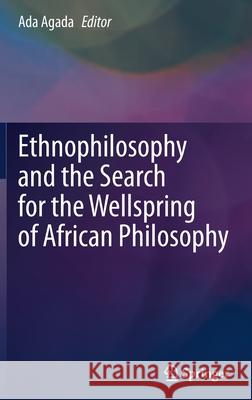Ethnophilosophy and the Search for the Wellspring of African Philosophy » książka
topmenu
Ethnophilosophy and the Search for the Wellspring of African Philosophy
ISBN-13: 9783030788964 / Angielski / Twarda / 2022 / 459 str.
Ethnophilosophy and the Search for the Wellspring of African Philosophy
ISBN-13: 9783030788964 / Angielski / Twarda / 2022 / 459 str.
cena 564,88 zł
(netto: 537,98 VAT: 5%)
Najniższa cena z 30 dni: 539,74 zł
(netto: 537,98 VAT: 5%)
Najniższa cena z 30 dni: 539,74 zł
Termin realizacji zamówienia:
ok. 22 dni roboczych
Bez gwarancji dostawy przed świętami
ok. 22 dni roboczych
Bez gwarancji dostawy przed świętami
Darmowa dostawa!
Kategorie BISAC:
Wydawca:
Springer
Język:
Angielski
ISBN-13:
9783030788964
Rok wydania:
2022
Wydanie:
2022
Ilość stron:
459
Waga:
0.67 kg
Wymiary:
23.39 x 15.6 x 2.06
Oprawa:
Twarda
Wolumenów:
01
Dodatkowe informacje:
Wydanie ilustrowane











